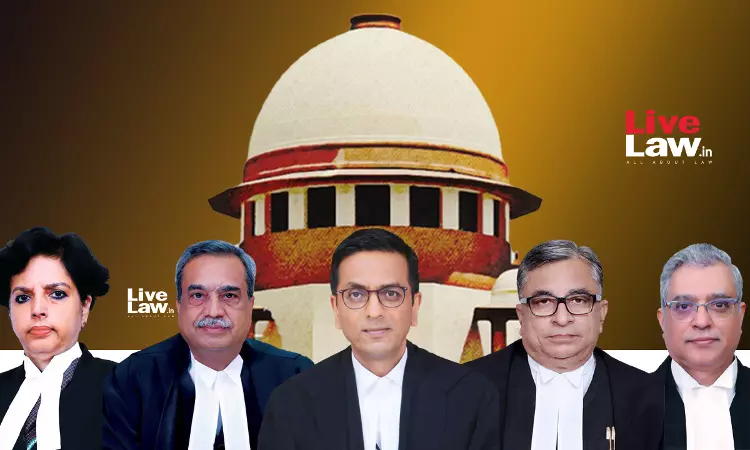Shivsena Case| Revisiting Questions Raised By Supreme Court On Governor's Decision
Padmakshi Sharma
5 March 2023 12:25 PM IST

Next Story
5 March 2023 12:25 PM IST
In the Shiv Sena case between Eknath Shinde and Uddhav Thackeray groups, the powers of the Governor were debated at lengths in the Supreme Court. The matter is under consideration before a bench comprising CJI DY Chandrachud, Justice MR Shah, Justice Krishna Murari, Justice Hima Kohli, and Justice PS Narasimha. During the course of the hearings, the bench posed multiple questions concerning...
